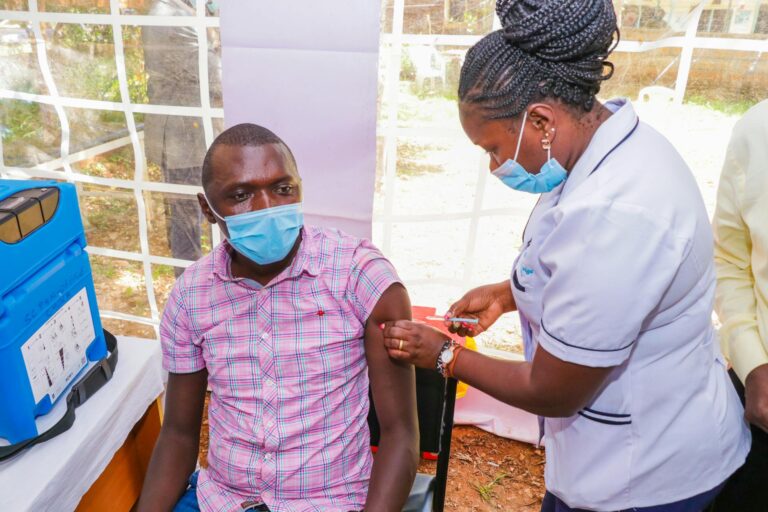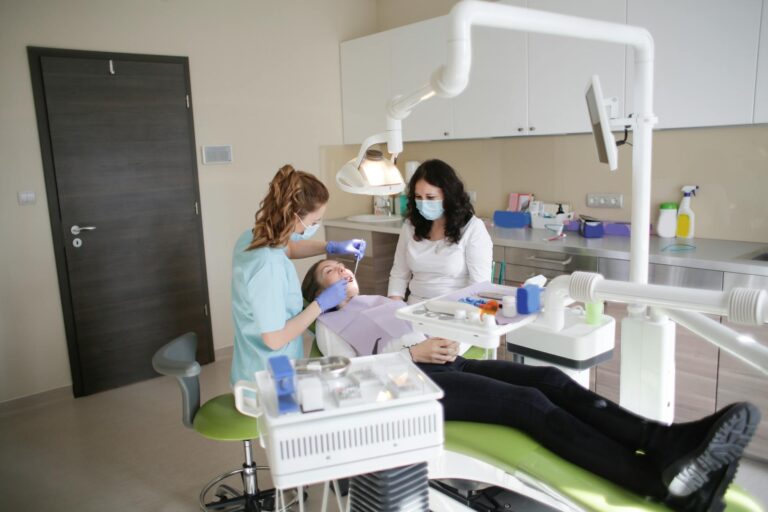Elderly people often feel cold all the time due to a combination of physiological changes that occur with aging, which affect how their bodies regulate temperature. As people age, their metabolism slows down, their circulation becomes less efficient, and their ability to generate and retain heat diminishes. These factors make older adults more sensitive to cold environments and prone to feeling chilly even when others might feel comfortable.
One key reason is that aging reduces the body’s metabolic rate. Metabolism is the process by which the body converts food into energy and heat. A slower metabolism means less heat production, so the core body temperature can drop more easily. Additionally, the amount of subcutaneous fat, which acts as insulation to keep the body warm, tends to decrease with age. Less fat means less natural insulation, making it easier to lose heat to the environment.
Circulation also plays a major role. As people get older, blood flow to the skin and extremities often decreases because of changes in the cardiovascular system and blood vessels becoming less elastic. Reduced blood flow means less warm blood reaches the skin surface, so the skin and limbs feel colder. This can be especially noticeable in fingers and toes.
Another factor is that the body’s temperature regulation system, controlled by the hypothalamus in the brain, becomes less sensitive and less efficient with age. The hypothalamus acts like a thermostat, detecting changes in body temperature and triggering responses like shivering or sweating to maintain balance. In older adults, this system may respond more slowly or less effectively, so they may not generate enough heat when cold or may not feel the cold as acutely until it becomes uncomfortable.
Muscle mass also declines with age, a condition called sarcopenia. Since muscles generate heat when they contract, having less muscle means less heat production. This is why elderly people may shiver less or feel colder because their muscles are not producing as much warmth.
Certain medical conditions common in older adults can contribute to feeling cold. For example, hypothyroidism, where the thyroid gland produces insufficient hormones, slows metabolism and lowers body temperature. Poor nutrition or low body weight can also reduce insulation and energy reserves needed to keep warm. Some medications taken by elderly people can affect circulation or interfere with the body’s ability to regulate temperature.
Environmental factors matter too. Older adults often spend more time indoors in cooler environments or may not dress warmly enough because their perception of temperature is altered. They may also be less physically active, which reduces heat generated by movement.
In summary, elderly people feel cold all the time because their bodies produce less heat due to slower metabolism, reduced muscle mass, and less insulation from fat. Their circulation is less effective at distributing warmth, and their temperature regulation system is impaired. Medical conditions and medications can worsen these effects, while lifestyle and environmental factors also contribute. This combination makes it common for older adults to experience persistent feelings of coldness even in moderate temperatures.





